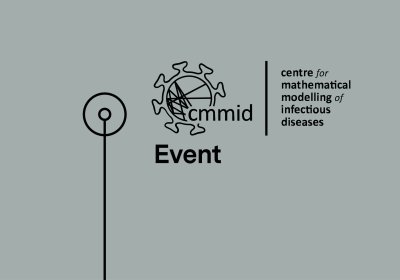Perspectives on the use of epidemiological models in humanitarian emergencies

Having worked in outbreak response and at the interface between academia and the humanitarian world for many years, as a modeller and as the person translating model results into operational recommendations, Flavio Finger will reflect on the application of epidemiological models to humanitarian emergencies and the specific difficulties arising in these contexts. The seminar will present different purposes models can have and how to communicate about these, reflect on how to overcome the disconnect between academics and decision makers that is often observed, and talk about pathways to improve the quality of and the trust in forecasts and scenario models.
Speaker
Dr Flavio Finger, Epicentre, Médecins Sans Frontières
Flavio Finger joined Epicentre in 2019 where he supports MSF operations by providing epidemiological insights into Ebola, Measles, cholera, COVID-19 and other outbreaks and through operational research. He is passionate about reinforcing the links between classic field epidemiology and modern analytic and data-driven approaches and coordinates a group of epidemiologists based in Europe and the DRC. He leads a number of research projects, including:
- A multi-site observational study on the effectiveness of Case-Area Targeted Interventions (CATI) to rapidly contain cholera outbreaks
- A pilot study on the deployment of cholera rapid diagnostic tests in routine surveillance
- A multi-country retrospective analysis of the impact of reactive Oral Cholera Vaccine (OCV) campaigns
In addition to his work at Epicentre, Flavio is the chair of the Global Task Force for Cholera Controls Epidemiology Working Group. He previously worked as a Research Fellow in CMMID at LSHTM on methods to better understand the mechanisms driving Cholera, Diphtheria and Ebola outbreaks and their spatial propagation, in addition to supporting partner organisations in the field. He holds a PhD entitled “Spatially Explicit Modelling of Cholera Epidemics” from the École Polytechnique Fédérale de Lausanne (EPFL) in Switzerland.
Admission
Contact




